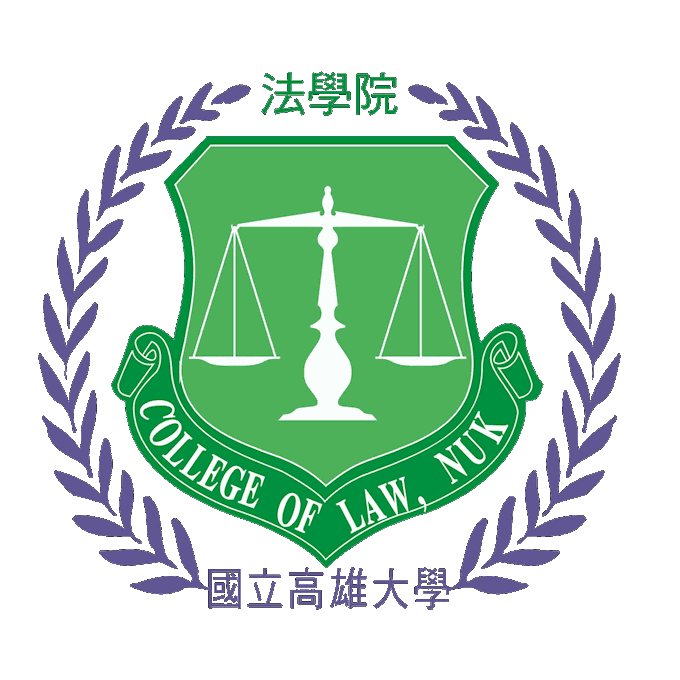

日本討論修憲的核心議題在於憲法第九條的規定。尤其是2003年11月2日,日本首相小泉純一郎公開且明確地表示,「自衛隊就是軍隊,這是常識」,以及「為避免自衛隊違反憲法,就要修改憲法第九條」。由此可見修憲問題已經成為小泉政府積極實現的重大政策之一,也隱含相當特殊的戰略意涵。本論文的寫作在於分析日本討論與修改非戰條款的戰略意涵,而且必須強調的是,儘管至今為止日本沒有更動非戰條款的任何條文與內容,但是透過立法程序所建立與強化的國防體系與軍事指揮體系之法制化,其實也深受日本鄰近國家的注意。
Constitutional reform is a controversial issue in Japan. Diet members are tackling the controversial issue of the constitution's Article 9 (which forbids Japan to maintain military forces-interpreted as offensive military forces). The future of Article 9, however, is one of the most important and controversial issues in constitutional revision debates. Most Japanese agree that the constitution forbids offensive potential but allows the right of self-defense. This interpretation has led to several types of weapons systems being considered as unconstitutional, such as aircraft carriers, long-range bombers, and ICBMs. Also unconstitutional is the dispatch of armed forces to other territories for the purpose of using force. Collective self-defense is also seen as prohibited. Finally, over the years Japan has adopted three "non-nuclear" principles.